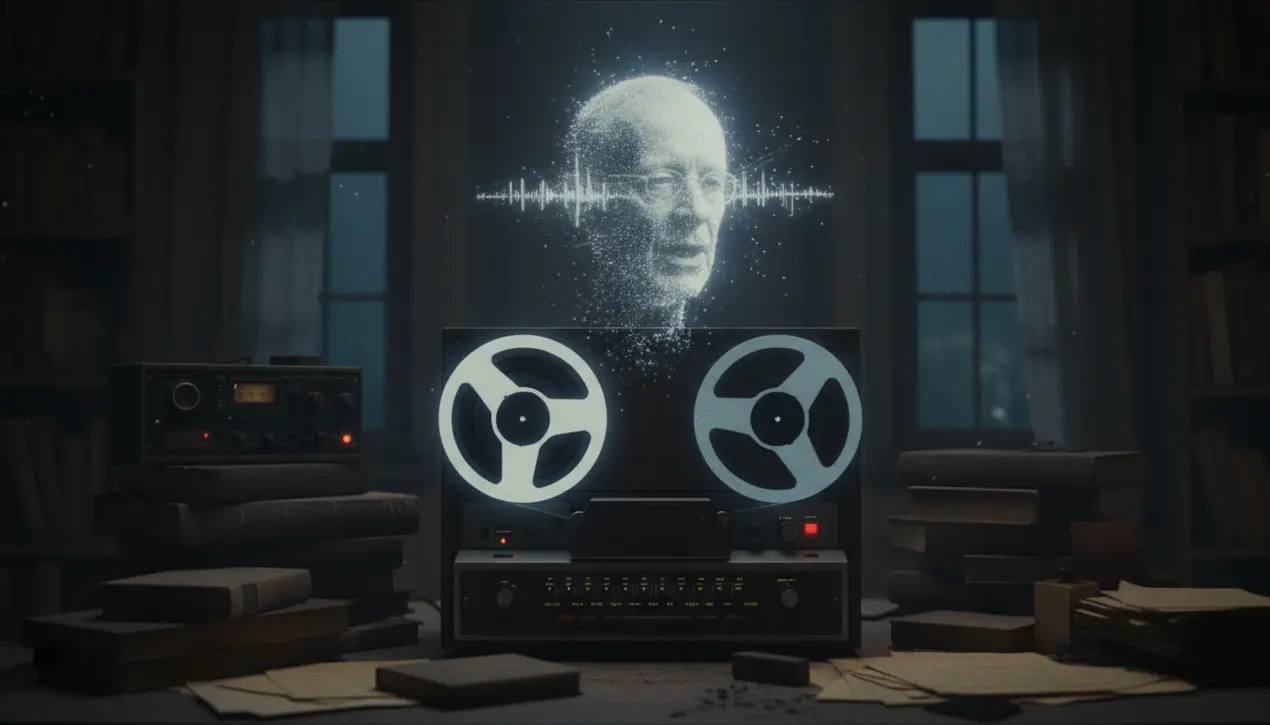
AInlp & speechSpeech Synthesis
AI is resurrecting the voices of dead famous people
MI
Michael Ross
2 hours ago7 min read
The emergence of AI voice cloning technology, exemplified by startups like ElevenLabs and their 'Iconic Voices' marketplace, is forcing a profound ethical and legal reckoning over posthumous digital identity. While living celebrities like Matthew McConaughey and Michael Caine can actively consent to licensing their vocal likeness—McConaughey for translating his newsletter, Caine as a strategic business move—the resurrection of voices from figures like Maya Angelou, James Dean, and Alan Turing operates in a far murkier moral landscape.This isn't merely a continuation of their work; it's the creation of a new, autonomous entity that can generate novel content they never endorsed, raising fundamental questions about consent and legacy that echo the literary dilemma of Franz Kafka. Kafka’s explicit instruction to destroy his unpublished writings was famously ignored by his executor, Max Brod, an act of betrayal that ultimately gifted the world with masterpieces like 'The Trial' but also established a troubling precedent where an artist's final wishes can be subordinated to cultural or commercial interests.Today, the stakes are even higher. We are moving beyond static holograms, like the 2012 Coachella appearance of Tupac Shakur, into a realm of dynamic, interactive vocal performances.The defense from companies like ElevenLabs hinges on structured estate deals and rights holder approvals, which certainly provide a legal and ethical framework superior to the wild west of unlicensed deepfakes, ensuring heirs are compensated. However, this very process commodifies a human essence, transforming a person's unique timbre and cadence into a managed asset, a 'digital ghost' whose utterances are dictated by product managers rather than personal intent.The involvement of Alan Turing, a foundational figure in computer science who presciently warned about machine intelligence humbling humanity, adds a layer of profound irony to this development. The legal profession is now scrambling to catch up, with estate planning for the digital afterlife becoming an urgent necessity for public figures.The critical task is to move beyond simple permission and establish granular, legally binding directives: are archival uses permissible but political endorsements forbidden? Who holds the ultimate veto power—a family trust, a designated literary executor? Without such explicit safeguards, we risk a future where the voices of the dead are endlessly repurposed, their legacies shaped not by their lived choices but by boardroom decisions. The lesson, as starkly demonstrated by Terry Pratchett's posthumous steamrolling of his unfinished works, is that definitive, physical action may be the only true guarantee against digital resurrection. As we stand at this crossroads, the conversation must expand beyond legality into the realms of philosophy and cultural ethics, forcing us to define where we draw the line between honoring memory and creating a puppet.
#AI voice synthesis
#digital resurrection
#posthumous rights
#celebrity estates
#ethics
#featured
Stay Informed. Act Smarter.
Get weekly highlights, major headlines, and expert insights — then put your knowledge to work in our live prediction markets.
Comments
Loading comments...
© 2025 Outpoll Service LTD. All rights reserved.